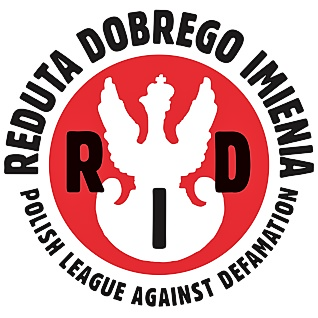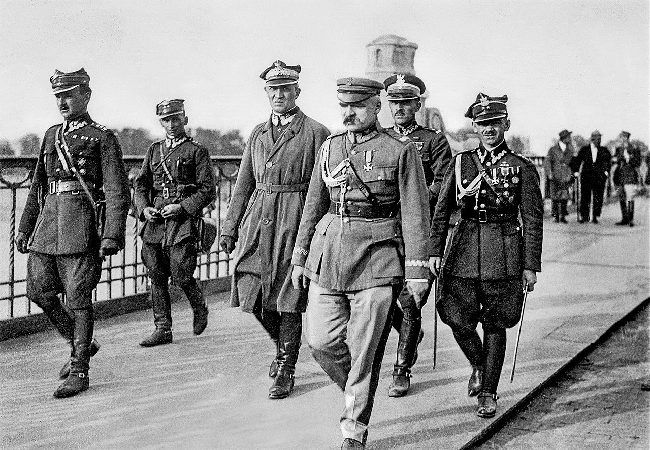Every year in mid-May, we commemorate the anniversary of the May Coup (May 12-15, 1926), which was a coup d’état carried out in Poland in May 1926. It was a crucial moment in Polish history that had a profound impact on the shaping of the political system in our country.
The reason for the coup was the growing political and social crisis. The ruling sanation coalition, led by President Stanisław Wojciechowski, faced increasing social conflicts and economic difficulties. Conflicts between the government and the opposition, especially extreme left-wing movements, were constantly intensifying.
At the beginning of 1926, there were strikes in Warsaw, riots involving the unemployed in Kalisz, and bloody clashes between protesters and the police in Stryj, Włocławek, and Lublin. Despite these disturbances, the spring of 1926 saw the first signs of economic improvement. For the camp preparing for the coup, seizing power at that moment could have been advantageous – the economic improvement could have been presented as a success of the new government.
On May 10, 1926, the army under the command of General Józef Piłsudski carried out the coup, initiating an operation aimed at overthrowing the legitimate government. It was a swift and effective coup that led to the imprisonment of Prime Minister Wincenty Witos and other prominent politicians.
On May 12, after an unsuccessful meeting between Marshal Józef Piłsudski, the first Marshal of Poland, and President Stanisław Wojciechowski, Piłsudski loyalist units took positions at the bridges over the Vistula River in Warsaw. When the government forces, occupying the western end of the Kierbedź Bridge, opened fire on the coup plotters, street fighting broke out, and Piłsudski’s units, after capturing the Kierbedź Bridge, moved south, gradually taking over Warsaw. The coup was supported by the railway workers’ union associated with the Polish Socialist Party, which declared a strike, blocking government troop transports from the west to Warsaw but allowing transports of troops loyal to Marshal Piłsudski. On May 12 and 13, Marshal of the Sejm, Maciej Rataj, made a final attempt at negotiations, but in the face of the president’s uncompromising stance, the talks ended in failure. On May 14, Piłsudski took control of Warsaw. As a result of the fighting, 379 people were killed. The government of Wincenty Witos resigned, and President Wojciechowski resigned. The president’s powers were assumed by Maciej Rataj, who appointed a new government led by Kazimierz Bartel, with Piłsudski as Minister of War and Inspector General of the Armed Forces. On May 31, the National Assembly elected Piłsudski as President of the Republic of Poland, but he refused to take office, recommending Prof. Ignacy Mościcki instead. Thus, the coup inaugurated 13 years of authoritarian rule by the sanation, which ended with the outbreak of World War II.
After the coup, Marshal Józef Piłsudski took control of the government and established a military regime, becoming the de facto leader of Poland. Although formally remaining in the government as Minister of National Defense, his authority dominated over other state institutions.
The May Coup sparked many controversies and divisions in Polish society. On one hand, Marshal Piłsudski was seen as a hero who prevented the escalation of political conflicts and ensured the country’s stability; on the other hand, he was criticized for violating democratic principles and disrupting constitutional order. However, Józef Piłsudski was actually the architect of the state, who not only built its structures, developed infrastructure and economy, but also cared for Poland’s security. His name is inscribed in the annals of history as a symbol of unwavering struggle for the freedom of the homeland. He was an outstanding patriot who sacrificed his life for the good of the nation.
The consequence of the May Coup was Poland’s transition to the so-called „authoritarian path to socialism.” In the following years, during the so-called „sanation” period, the governments of Piłsudski and his successors focused on the modernization of the state and the economy, but at the same time, repression against political opposition was introduced.
Ultimately, the May Coup had a lasting impact on Polish politics and society, leaving permanent traces in the country’s history.

